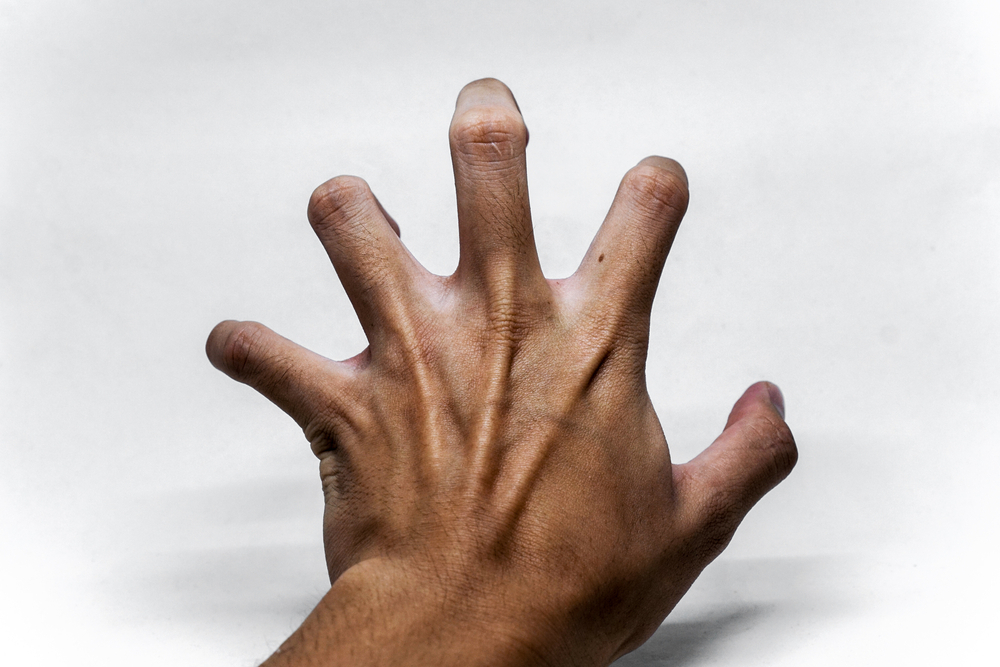Convulsion; Causes and Treatment

It was supposed to be a regular visit. Now it seemed like an exorcism.
My friend Tolu was on the floor shaking violently like he was receiving electric jolts, there was a man in white overalls holding a large book in his left hand and a small bottle of what looked like water in his right hand, shaking it vigorously over Tolu’s head so that sprinkles rested on him as he vibrated on the floor. I would discover the next morning that Tolu had just experienced a convulsion.
INTRODUCTION
“Convulsion” is a medical condition defined as the uncontrolled actions of the body as a result of involuntary contraction and relaxation of muscles. It may lead to a change in the physical state and/or behavior of a person after the occurrence of abnormal electrical activity in the brain. Sometimes its symptoms are notable and sometimes they go unnoticed, and it all depends on the intensity of the attack. Severe convulsion results in symptoms like loss of control and constant violent shaking of the body. It may be a sudden one-time event or a repeated cycle for patients suffering from it.
IS CONVULSION THE SAME AS SEIZURES?
People often mistake convulsions as seizures. Seizures are uncontrolled electrical disturbances in the brain. Convulsions happen when those electrical activities involve the muscles, usually resulting in violent body movements. Convulsions are likely to occur during some kinds of epileptic seizures, but it can also happen even when a person doesn’t have epilepsy. They may occur as a result of tetanus, extremely low blood sugar, or an instantaneous fever spike, etc.
WHAT CAUSES CONVULSIONS?
The main cause of convulsions is a burst of electrical waves in the brain. There could be several reasons behind this electrical storm. It may be due to illness, the reaction to the medicine used, or a result of several kinds of medical conditions. According to medical research, the cause of convulsion is sometimes unknown.
CONDITIONS THAT RESULT IN CONVULSIONS
- Fever: a sudden spike in body temperature results in febrile convulsions. It is likely to occur in infants and children.
- Epilepsy: though seizures are associated with epilepsy which is a chronic neurological condition, the tonic-clonic seizure is a specific type that involves convulsions.
- Some other medical conditions I.e. rabies, tetanus, stroke, cardiac (heart) problems also result in convulsions.
- It can also be a reaction to a medication, drugs, or overuse of alcohol.
BASIC SYMPTOMS OF CONVULSIONS
These symptoms vary with conditions that cause convulsions and they last from a few seconds to minutes. It includes:
- Sudden change in respiratory rate
- Stiffening of body parts, more likely arms and legs, and often stiffening of the whole body
- Twitching and Jerky movements of head, hands, arms, or legs
- Loss of consciousness and eye rolling happen
- Inability to respond to stimulus
TREATMENT
Sometimes convulsions are a mere reaction to a specific medication or fever spike. In this case, no treatment is required. One needs to address the cause of conditions leading to convulsions.
Medications are prescribed to deal with febrile convulsions.
If convulsions become serious and happen from time to time, in this case, treatment is required. Doctors recommend medicines to prevent convulsions after assessing the cause behind it.
WHAT SHOULD YOU DO IF YOU ARE WITH SOMEONE HAVING A CONVULSION:
The following are some simple measures that prove helpful at these times:
- Don’t try to move the patient. Only do it if there’s danger around, such as a person having convulsions on a busy road or around harmful objects.
- It is important to cushion the patient’s head if they are on the ground.
- It is good to note the time when convulsion starts and ends, so when you consult a doctor you can report to him the condition of the patient.
- Always loosen the tight clothing around the neck to aid breathing.
- Don’t panic. Stay with the patient and calm them down until they recover.
- Don’t try to feed the patient at all until they recover. Sometimes people try to provide the patient with food or water while convulsing. This could be hazardous.
- If convulsion lasts for more than five minutes, consult a doctor immediately.
- If a person doesn’t regain the proper conscious level and doesn’t respond appropriately, you need to report this to a doctor.
- Don’t try to hold the patient or forcefully control the movement.
- Clear sharp objects out of the way from the person and don’t let people crowd him/her.
A person having a convulsion is a scary sight for sure. In the wake of convulsions, fear of the unknown and panic linger.
Make sure you don’t fret. Stay calm and attend to the person the best way you can, and if you are the person, I hope you read this and share with someone close to you.

